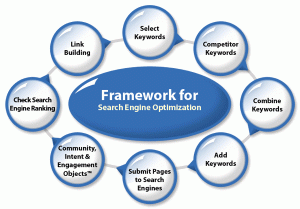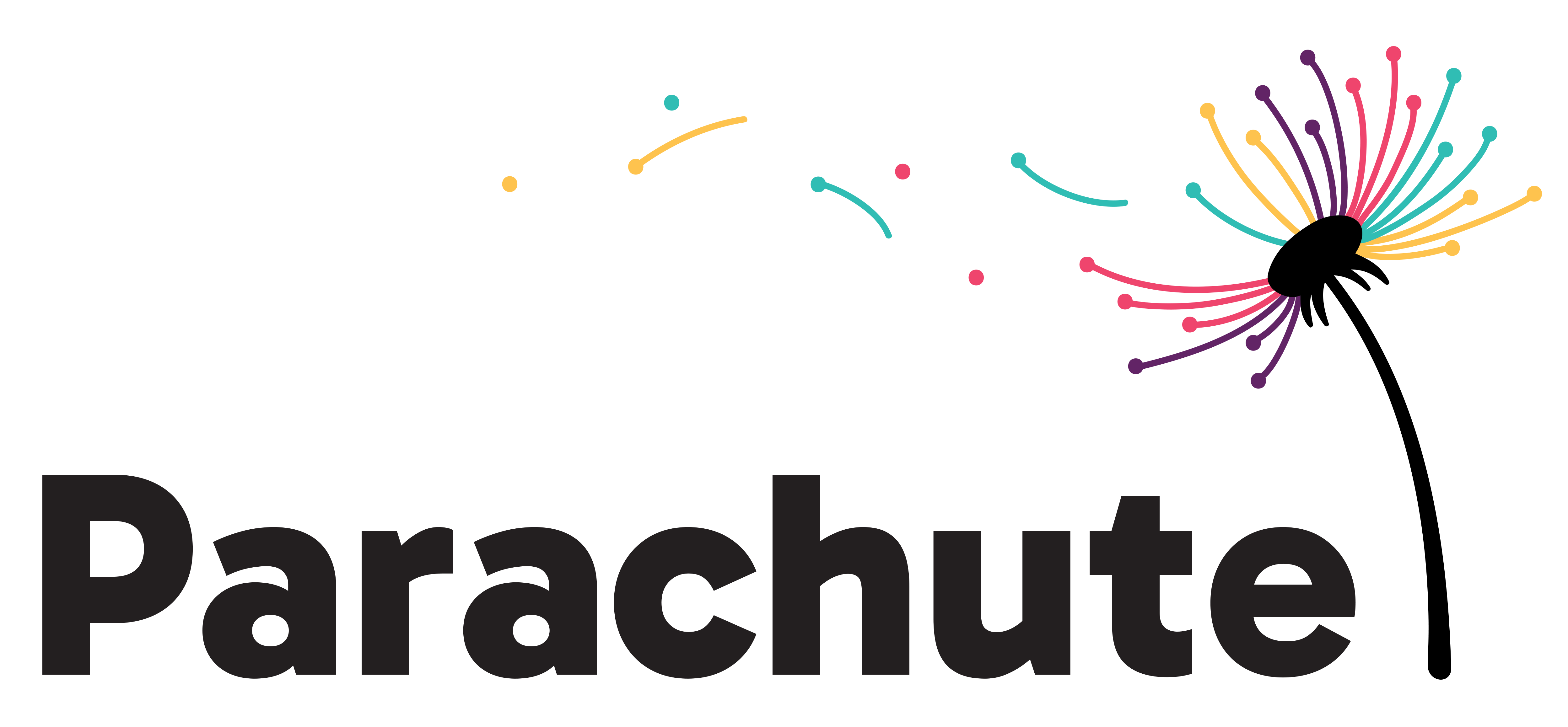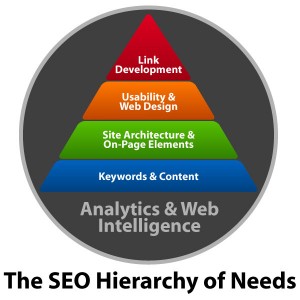Bruce Clay is one of the leading, global authorities on search engine optimisation (SEO). Today Bruce Clay said that “SEO never ends … and it will get harder and more interesting”.
When clients contact me wanting to know how SEO can help drive traffic to their website and build their online business, most of them are completely unaware of what they’re about to embark ok. SEO is a long term online marketing strategy. It is possible to get some short term gains from search engine optimisation but in general, it is a long term strategy that Bruce Clay claims is about being the “least imperfect”.
 Least imperfect means that you just need to be better than your competitors for any given keyword. To stay ahead of your competitors, your business must make a long term commitment to continue to monitor your search engine rankings and continue to optimise your website to stay ahead of your competition.
Least imperfect means that you just need to be better than your competitors for any given keyword. To stay ahead of your competitors, your business must make a long term commitment to continue to monitor your search engine rankings and continue to optimise your website to stay ahead of your competition.
Since the implementation of universal search in 2009, there are now over 200 variables that influence your websites search engine results rankings. That means there are over 200 individual elements that influence SEO and over 200 elements that you need to review in your competitors websites. Of those 200 elements, the hardest element is gaining quality inbound links from experts.
Inbound links cannot be purchased to qualify as organic links. Usually, inbound links to your website will be testimonial style links that click through to your website using either your website domain name URL or your company name. These are called navigational links and Google considers these the most common type of inbound link and expects that the majority of your website’s links will be this type. The other type of link is what Search Engine Optimisation specialists will try to generate for your website, keyword rich anchor text links. Experts in your industry who link to your website will do so using a text link that clicks through to a deep level page within your site, that is specified by yourselves, and hyperlinks specific keywords that are relevant to your click through landing page.
If you’re lost already I don’t blame you. SEO is incredibly granular and detailed when done correctly. It takes a specialist to create your strategy, identify the expert websites to request inbound links from and then build the relationship to gently and politely ask for a keyword rich inbound link. And you need hundreds of these expert inbound links, your website will need very high quality content and a brand that has a good reputation if you want experts to link to it.
Not only do you need to ensure that you have a website that is worthy of an expert to link to, but you also have to figure out what you have to offer these experts because you can’t offer them a link in return. Reciprocal links between websites are not natural and therefore not SEO and you will be penalised for it.
I’ve just touched on one of the 200+ variables that influence your websites search engine rankings. It is true that I chose one of the most difficult variables – inbound linking, but I think you get the picture. SEO takes time and patience, very strategic thinking, planning and your commitment to the cause.
Search engine optimisation will bring you many future gains, but as Bruce Clay said, “SEO never ends and it will just get harder”.
Are you ready to get serious about SEO? If so, call or email Parachute Digital to discuss how your website is currently performing in Google’s search engine results and how we can improve your organic search rankings.


Trackbacks/Pingbacks